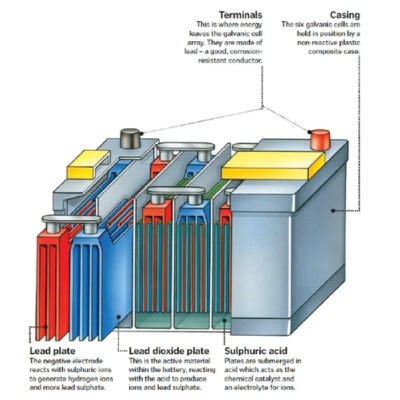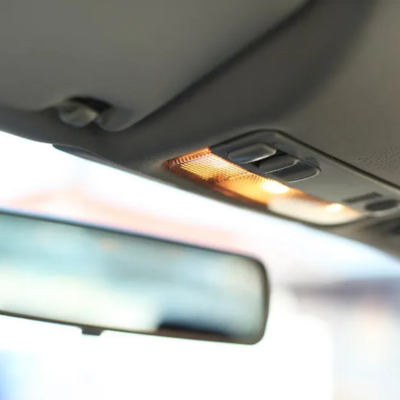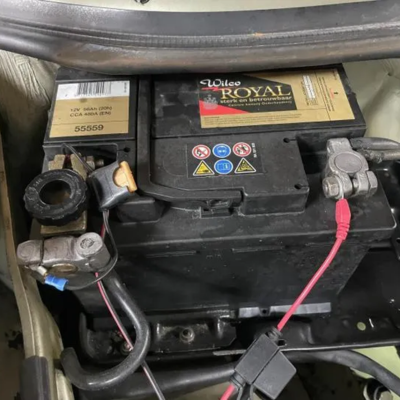What Causes a Car Battery to Drain Overnight?
Few things are more frustrating than a car battery that drains overnight. You leave your car parked as usual, but by morning the battery is flat and the engine won’t turn over. While an ageing battery can naturally lose charge, most cases of overnight drain are linked to hidden electrical issues that continue drawing power long after the car is switched off. These faults are often subtle, which is why they can catch drivers by surprise.
Today’s vehicles are packed with advanced electronic systems, and that complexity makes diagnosis harder. The source of the problem might be as simple as a light staying on, or as involved as a fault inside the alternator or a control module. Whatever the cause, recognising the common reasons for overnight drain helps you know when it’s time to call an auto electrician for professional testing.





